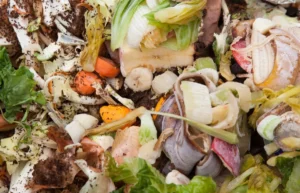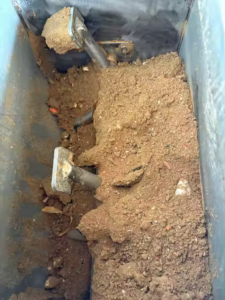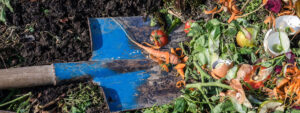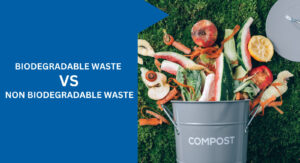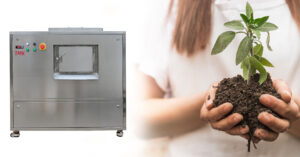
What Does Commercial Composting Mean?
Compost is organic material that has decomposed, such as leaves, grass clippings, and kitchen waste. Since it contains many essential nutrients for plant growth, it is frequently used as a fertilizer. Compost also improves soil structure, allowing it to hold the proper amount of moisture, nutrients, and air. It enhances the texture of both clay and sandy soils, making them rich, moisture-retaining, and loamy. When composting on a larger scale than at home, it is called commercial composting or industrial composting. At TMK, we have a team of experienced business professionals with a wealth of knowledge and experience in organic waste management, composting, and environmental awareness. We offer truly sustainable composting solutions and a fantastic line of commercial composters. Continue reading to find

